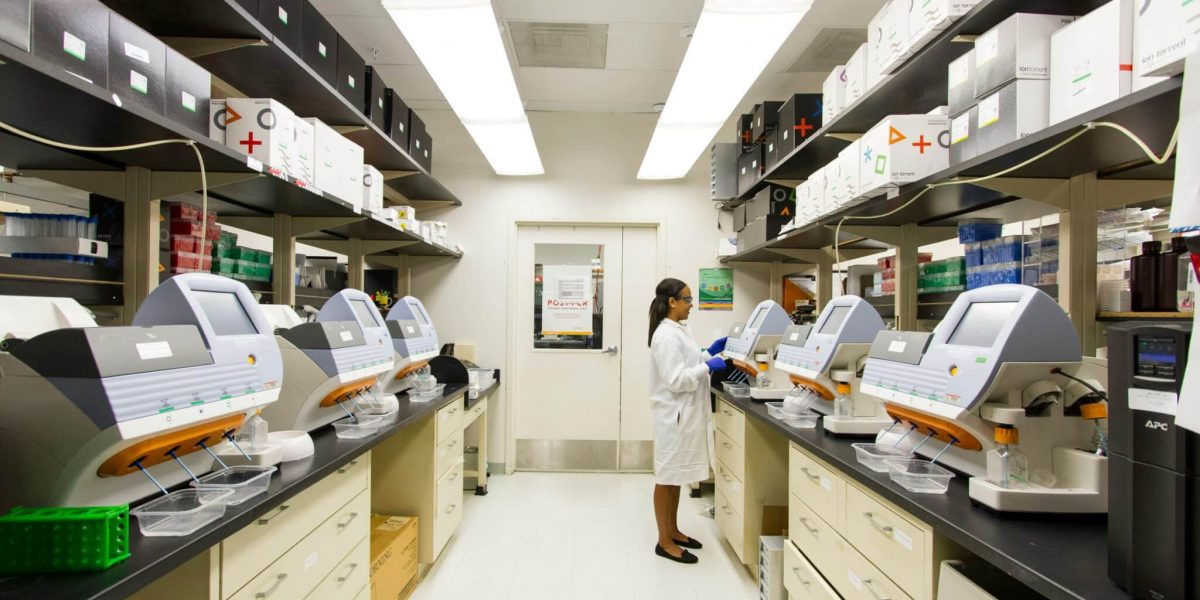The world of scientific careers offers a vast landscape of opportunities for those passionate about exploration, discovery, and innovation. From academic research to industry applications, the possibilities are as varied as the fields of science themselves. Understanding the pathways and skills needed to excel in these careers is essential for navigating the competitive and rewarding world of science.
What Makes Scientific Careers So Diverse?
One of the most compelling aspects of careers in science is their diversity. Science encompasses a wide range of disciplines, including biology, chemistry, physics, environmental science, and data science, each offering unique opportunities.
In the realm of education and academia, professionals often focus on teaching the next generation of scientists while conducting groundbreaking research. This dual role allows for the pursuit of curiosity-driven questions, often leading to discoveries that advance entire fields. Professors and educators play a vital role in shaping scientific understanding and inspiring future innovators.
In contrast, industry careers are often geared toward practical applications of scientific knowledge. From pharmaceuticals to renewable energy, scientists in industry work to solve real-world problems, improve products, and develop new technologies. These roles are typically fast-paced and focused on results, offering tangible outcomes that impact society.
A growing area of opportunity lies in interdisciplinary careers, where science intersects with other fields such as technology, engineering, or business. Fields like biotechnology, environmental consulting, and artificial intelligence are thriving because they integrate scientific principles with practical problem-solving, offering professionals a chance to tackle challenges with a multidisciplinary approach.
How Can You Prepare for a Career in Science?
Embarking on a career in science requires a solid foundation of education and a commitment to lifelong learning. Most pathways begin with a degree in a specific scientific discipline, providing the technical knowledge and skills necessary for entry-level roles. Advanced degrees, such as a master’s or Ph.D., are often essential for careers in research or specialized fields like genetics or astrophysics.
Beyond formal education, hands-on experience is invaluable. Internships, lab work, and collaborative projects offer opportunities to apply theoretical knowledge in real-world settings. These experiences also help build a network of professional contacts, which can be instrumental when seeking job opportunities.
Soft skills are increasingly important in the scientific workplace. Communication, teamwork, and problem-solving abilities are essential for collaborating with colleagues and sharing findings with non-scientific audiences. Scientists who can effectively translate complex concepts into accessible language are highly sought after in roles like science communication and policy advising.
Staying current with emerging trends is another critical aspect of career preparation. Fields such as data analytics, machine learning, and environmental sustainability are rapidly evolving, and professionals who stay informed and adapt their skills will remain competitive in the job market.
Why Are Research and Development Careers So Impactful?
Research and development (R&D) careers represent the heart of scientific progress. Whether in academia or industry, R&D professionals focus on creating new knowledge and finding innovative solutions to pressing challenges. These roles often require creativity, perseverance, and the ability to think critically about complex problems.
In academic research, scientists explore fundamental questions that expand our understanding of the world. Their work often leads to breakthroughs in areas such as medicine, energy, and technology. While academic research requires significant dedication, including securing funding and publishing findings, it offers unparalleled intellectual freedom.
Industrial R&D, on the other hand, is driven by goals such as product development, efficiency improvement, or market innovation. Scientists in these roles often collaborate with engineers, business leaders, and marketing teams to bring ideas to life. For example, chemists working in the pharmaceutical industry may develop new drugs that save lives, while environmental scientists may design solutions to mitigate climate change.
Both academic and industrial R&D careers play a critical role in shaping the future. They not only advance scientific knowledge but also create products and services that improve quality of life globally.
How Do Industry Trends Shape Career Opportunities?
The scientific job market is constantly evolving, driven by advances in technology, changes in societal needs, and global challenges. One of the most prominent trends is the increasing importance of data science and analytics. Professionals who can analyze and interpret large datasets are in demand across industries, from healthcare to agriculture.
The rise of sustainability-focused roles reflects a growing emphasis on addressing environmental concerns. Careers in renewable energy, conservation biology, and green chemistry offer opportunities to contribute to a healthier planet while working in innovative and impactful fields.
Biotechnology and genetic engineering are also booming, fueled by advancements like CRISPR and personalized medicine. Scientists in these areas are revolutionizing healthcare by developing targeted therapies and understanding the genetic basis of diseases.
Another area of growth is science policy and advocacy, where professionals bridge the gap between research and public decision-making. These roles are ideal for those who want to influence how science is used to shape policies on issues like climate change, healthcare, and technology.
Adapting to these trends requires a mindset of curiosity and flexibility. Professionals who continuously develop their skills and embrace new technologies will be well-positioned to seize opportunities in emerging fields.







